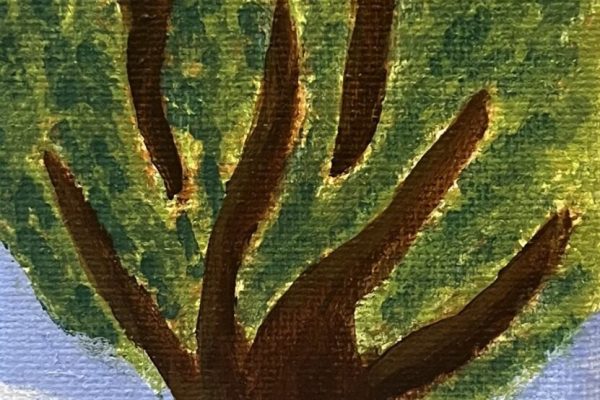Many Orthodox women who have had a death in the family have found it difficult to find a synagogue that will accommodate them so that they can say Kaddish. I used the following alternative after the death of a cousin for whom no immediate family members were saying Kaddish: I chose a chapter of Psalms to recite three times a day for the first 11 months, and every year on her Yahrtzeit.
At the end of the morning, afternoon, and evening prayers, stand up (if other people are present, they should stand, too) and read Psalm 138 (or another reading of your choice) aloud.
At a tefillah group, you or someone else might want to announce that you will now say a Psalm in memory of ____, since this ritual may not be familiar to those present.
I found this ritual helpful because:
- I could do it aloud at a women’s tefillah, quietly in a minyan, or even at home when no one else was around
- It would have felt strange to say Kaddish since, barukh Hashem, my parents are both alive and well!
I chose Psalm 138 because I felt that it echoed some of the themes of Kaddish, and also had some phrases that I think would have helped my cousin (and all of us!). Others might find that another Psalm (or other text) is more meaningful.











